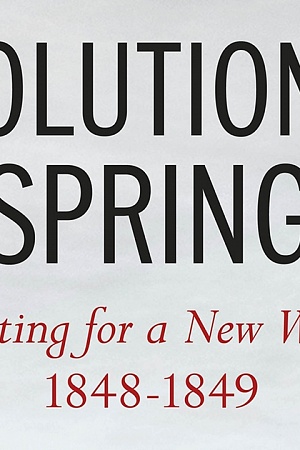Ageing and Political Leadership
Oxford University Press, $35 hb, 320 pp
Can he ride a horse ad chew gum simultaneously?
Psycho politics has been a recurring explanatory option, at least in academia, since Freud’s volumes in the early 1920s, with Reich, Fromm, and the Frankfurt school building on Freud’s earlier forays, from the early 1930s onwards. Obviously, philosophers, historians, and political theorists had provided many kinds of psychological explanations of leaders’ movements and classes from Greek times onwards, but there is little doubt that Freud involved some new ways of considering political behaviour. Psycho politics has waxed and waned ever since.
Very much a private affair, shared by psychoanalysts, psychologists, and some academics. Modern advertising and political journalists have smelled a whiff or two, but this use of the material reminds one of Augustine’s laments. There can be no real prospect of material progress. Everything that man creates or devises – and he is a very clever creature indeed – can be turned to either good or evil purposes. Men being as they are, the evil wins out. Hence the history of the printing press, the radio, film, and television. Evil in this and the psycho-analytical content includes parody trivialization, point-scoring, and downright prostitution of the new knowledge.
Continue reading for only $10 per month. Subscribe and gain full access to Australian Book Review. Already a subscriber? Sign in. If you need assistance, feel free to contact us.










Leave a comment
If you are an ABR subscriber, you will need to sign in to post a comment.
If you have forgotten your sign in details, or if you receive an error message when trying to submit your comment, please email your comment (and the name of the article to which it relates) to ABR Comments. We will review your comment and, subject to approval, we will post it under your name.
Please note that all comments must be approved by ABR and comply with our Terms & Conditions.